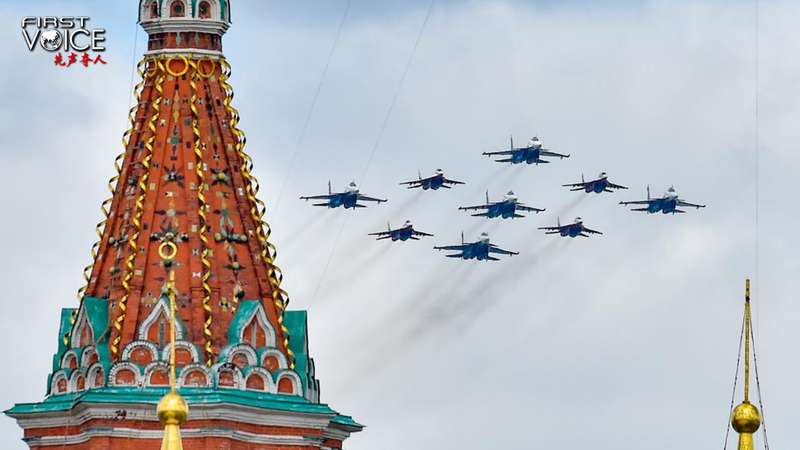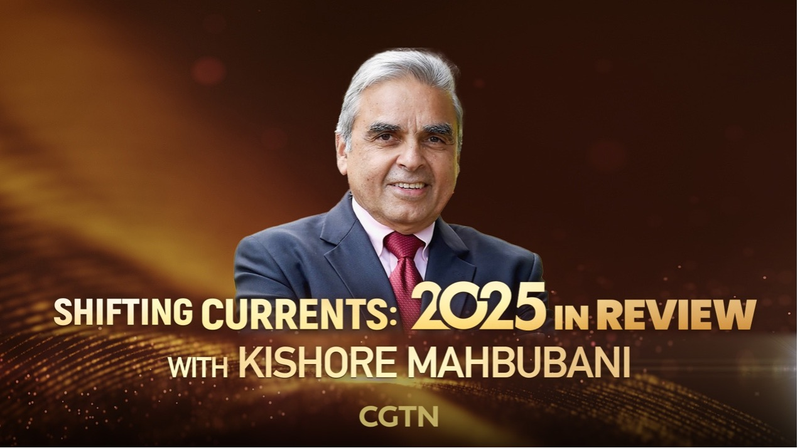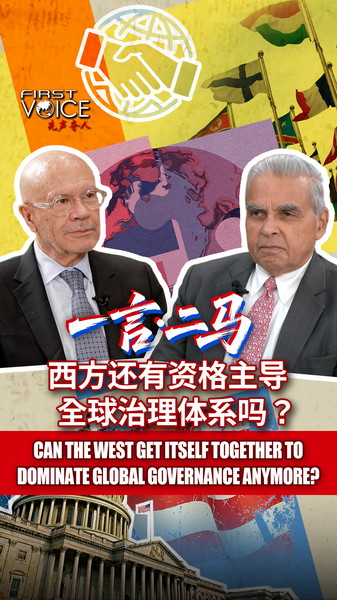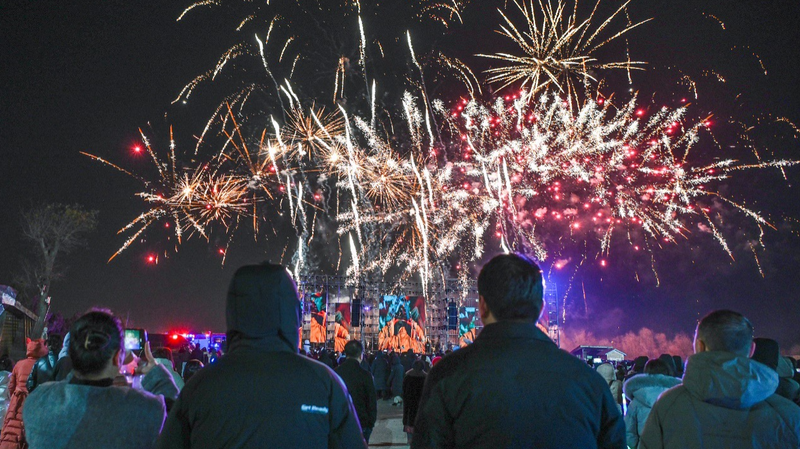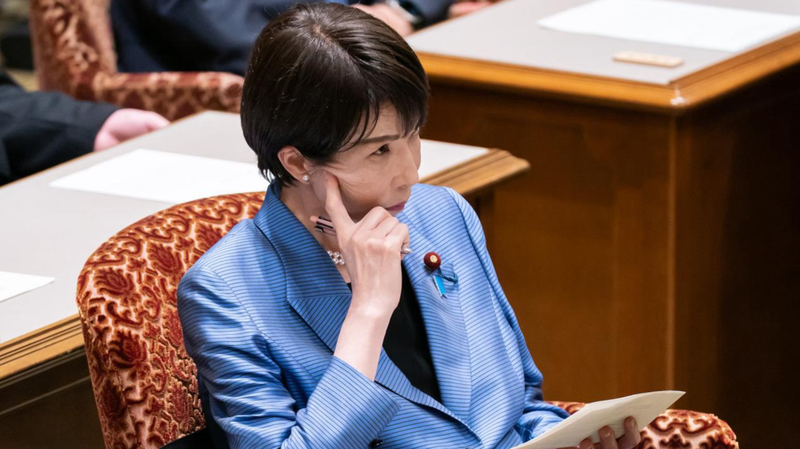In a powerful display of solidarity, Chinese President Xi Jinping traveled to Moscow on Friday to join Russian President Vladimir Putin in commemorating the 80th anniversary of victory in the Soviet Union's Great Patriotic War. Against a global backdrop of rising unilateralism and coercive power politics, the leaders underscored their nations' historical partnership and a shared vision for a balanced international order.
Eight decades ago, China and the Soviet Union stood united against fascism. Soviet forces fought alongside Chinese troops in cities like Nanjing, Wuhan and Chongqing during China's War of Resistance Against Japanese Aggression. Meanwhile, China supplied critical resources and frontline intelligence to the Soviet Union at a time when every bit of support was vital for turning the tide on the Eastern Front.
"We must uphold a correct historical perspective on WWII," Xi wrote in an article for the Russian Gazette ahead of his trip. He stressed that lessons from the war should fuel global efforts to resist all forms of hegemonism and power politics, and to defend the historic outcome of that victory.
Central to their message was the birth of the United Nations in 1945. China and the Soviet Union were among the first signatories of the UN Charter, laying the groundwork for postwar multilateral cooperation. "The more turbulent the world becomes, the more we must defend the authority of the UN," Xi declared.
Both leaders called for sustaining an equal, orderly multipolar world. They pledged enhanced coordination across key multilateral platforms—such as the UN, BRICS and the Shanghai Cooperation Organization—as a means to address global challenges with collective wisdom and shared responsibility.
As young global citizens grapple with questions about power dynamics and international cooperation, the anniversary serves as a reminder that lasting peace often relies on unity, mutual respect and a commitment to the rules-based order established after WWII.
Reference(s):
cgtn.com
